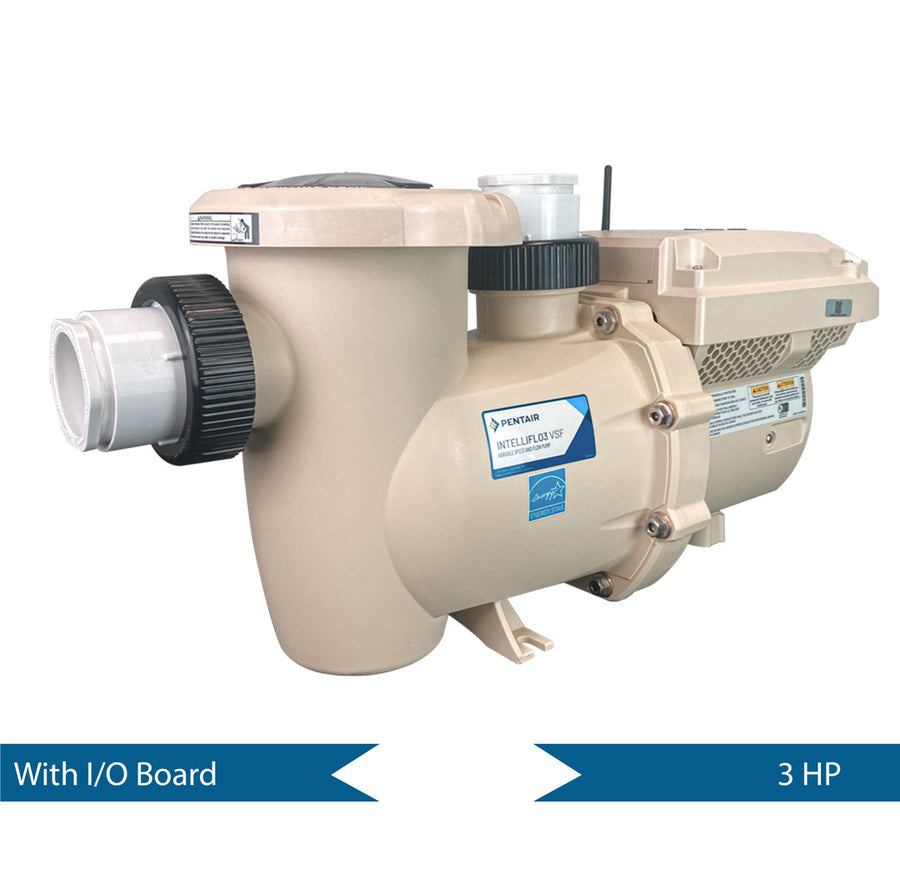Understanding the Difference Between a Spa and a Hot Tub
Hot Tub: A hot tub, often referred to as a Jacuzzi, is a large tub filled with heated water and often equipped with jets that provide a massaging effect. Hot tubs are typically designed for outdoor use and are great for relaxation, socializing, and soaking in warm water. They can accommodate several people and are usually installed above ground or partially buried in the backyard.
Spa: A spa is most often referred to as a more elaborate version of a hot tub. When discussing home installations, spas usually come with additional features such as advanced hydrotherapy jets, built-in seating, and sometimes, integrated heating systems and water filtration. In this context, a spa can also be an aesthetic experience, incorporating elements like waterfalls, lights, and aromatherapy. Spas are usually attached to an in-ground pool.
One of the most significant differences lies in design and features.
Hot Tubs: Hot tubs are often simpler in design, focusing primarily on providing a warm, relaxing space. They usually have basic seating arrangements and a limited number of jets. While some hot tubs have aesthetic features, their primary function is straightforward: to provide a comfortable soaking experience.
Spas: Spas are designed for a more immersive experience. They often include multiple seating options, ergonomic designs, and a variety of jet placements for targeted hydrotherapy. Some spas come with additional features such as LED lighting and programmable settings to customize your experience. This makes them more suitable for therapeutic purposes and long-term enjoyment.
Both spas and hot tubs offer health benefits, but the depth of these benefits can vary.
Hot Tubs: Soaking in a hot tub can help relieve stress, ease muscle tension, and promote relaxation. The heat helps increase circulation, which can be beneficial for those with muscle pain or stiffness.
Spas: Spas often provide more targeted therapeutic benefits due to their advanced hydrotherapy features. Many spas are designed to focus on specific muscle groups, offering a more tailored approach to wellness. Additionally, they may incorporate features such as aromatherapy and chromotherapy (using colored lights), enhancing the overall health experience.
When considering cost and maintenance, hot tubs generally require a lower initial investment compared to spas. However, spas may provide better long-term value due to their enhanced features and durability. Maintenance for both typically involves regular cleaning and water treatment, but spas might require more frequent upkeep depending on the complexity of their systems.
In summary, while both spas and hot tubs provide relaxation and wellness benefits, their differences are crucial for potential buyers to consider. Hot tubs are excellent for casual soaking and socializing, while spas offer a more comprehensive therapeutic experience. Your choice will ultimately depend on your personal preferences, lifestyle, and wellness goals. Whether you opt for the simplicity of a hot tub or the enhanced experience of a spa, both can be valuable additions to your home and lifestyle.
If you have any questions or need help looking for a product for your pool please give us a call at 602-854-9058 or send us an email at support@epoolsupply.com. We have a fantastic team of pool professionals to help direct you to the right sources. Also, check out our YouTube videos where our pool professionals go over how to do installs, quick fixes, and more.









Leave a comment